As part of its Park Lane Group concert in London's Purcell Room
on 11 January, the Ligeti Quartet gives the world premiere of a
work that asks its performers to act as well as play.
Hay Fever, by London-based composer and mezzo-soprano
Laura Bowler, is inspired by Noël Coward's titular comedy from
1924, in which an eccentric, bohemian family humiliate and
embarrass their weekend house guests.
Bowler's work sets the players around a breakfast table, with cups
of tea and newspapers on their music stands. Beyond the theatrical
staging and props, each performer is assigned the role of a
character in the play. Bowler explains: 'The players are very much
required to act throughout. The physicality of taking on a
character has got to be within their face and their whole
body.'
She adds: 'The work is absolutely not programmatic. It's more about
taking the structural dramatic tensions between four very
caricatured characters and turning them from words into music. I'm
not setting out to convey the actual narrative.'
The Ligeti Quartet's cellist, Valerie Welbanks, describes some of
the ways in which the characterisation is expressed in the music.
'Laura imitates voice intonation. The cello line, for example,
starts with an obvious 'Good morning' figure. Throughout the music
there are lots of very specific directions, such as asking the
inner voices to imitate the sound of cups of tea being slurped,
through percussive noises and pulling the bow towards the bridge
loudly.'
Hay Fever is one of three works being performed by the
ensemble in the Purcell Room concert: the programme also features
Jonathan Harvey's String Quartet no.2 and Ligeti's String Quartet
no.2.
- News
- For Subscribers
- Student Hub
- Playing Hub
- Directory
- Lutherie
- Magazine
- Magazine archive
- Whether you're a player, maker, teacher or enthusiast, you'll find ideas and inspiration from leading artists, teachers and luthiers in our archive which features every issue published since January 2010 - available exclusively to subscribers. View the archive.
- Jobs
- Shop
- Podcast
- Contact us
- Subscribe
- School Subscription
- Competitions
- Reviews
- Debate
- Artists
- Accessories

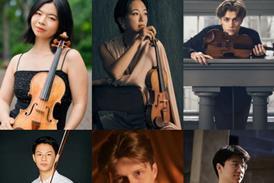
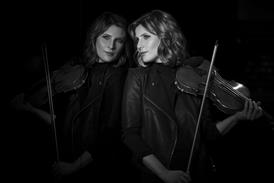

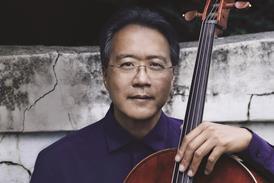




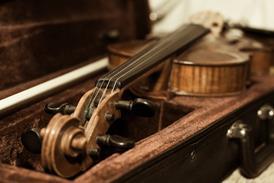
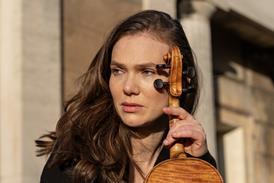
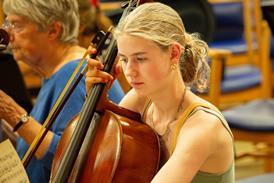




























No comments yet